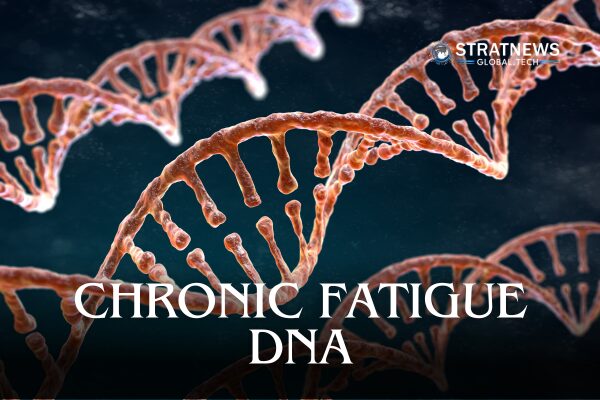DNA differences found in ME/CFS sufferers
Researchers at the University of Edinburgh have uncovered DNA differences in people with myalgic encephalomyelitis/chronic fatigue syndrome (ME/CFS). The findings offer strong evidence that the condition is not psychological, as often suggested.
The team identified eight distinct areas in the genetic code that differ between ME/CFS patients and healthy individuals. These genetic markers point to a biological cause and may help reduce the stigma surrounding the illness.
A step closer to understanding ME/CFS
ME/CFS affects millions of people worldwide and is known for symptoms such as extreme fatigue, brain fog, and pain. Even light mental or physical activity can make symptoms worse. Despite its impact, the cause has remained unclear, and there is still no diagnostic test or cure.
The new research used DNA samples from over 275,000 people, including 15,579 who reported ME/CFS symptoms. All participants were of European descent. The gene variants identified were mostly linked to immune and nervous system functions.
Some of the affected genes are involved in how the body responds to infections. This supports long-standing patient reports that symptoms often begin after an illness. Another gene variant found is also seen in people with chronic pain—another common symptom of ME/CFS.
Further research and funding needed
Andy Devereux-Cooke, one of the study’s researchers, said the results back up years of patient experiences. He described the findings as potentially transformative for future ME/CFS research. However, he cautioned that the results will not immediately lead to a diagnostic test or cure.
Experts not involved in the study pointed out a limitation. The research relied on people who self-reported their condition rather than those with a formal medical diagnosis. They stressed the need for larger, more targeted studies to confirm these results.
Dr Jackie Cliff of Brunel University London welcomed the findings but noted that significant effort and investment will be needed to develop treatments from this research.
with inputs from Reuters


